Move Over OATS…BARLEY’S Back in Town!
Although historically barley hasn’t been as popular as other whole grains like oats, wheat, or even our grain-of-the-moment quinoa, barley has some impressive health benefits that are causing a surge in popularity.
Barley’s very high fiber content; loads of vitamins, minerals, and antioxidants; and abundance of heart health/diabetes protection are just some of its benefits that make it a supreme whole grain choice.
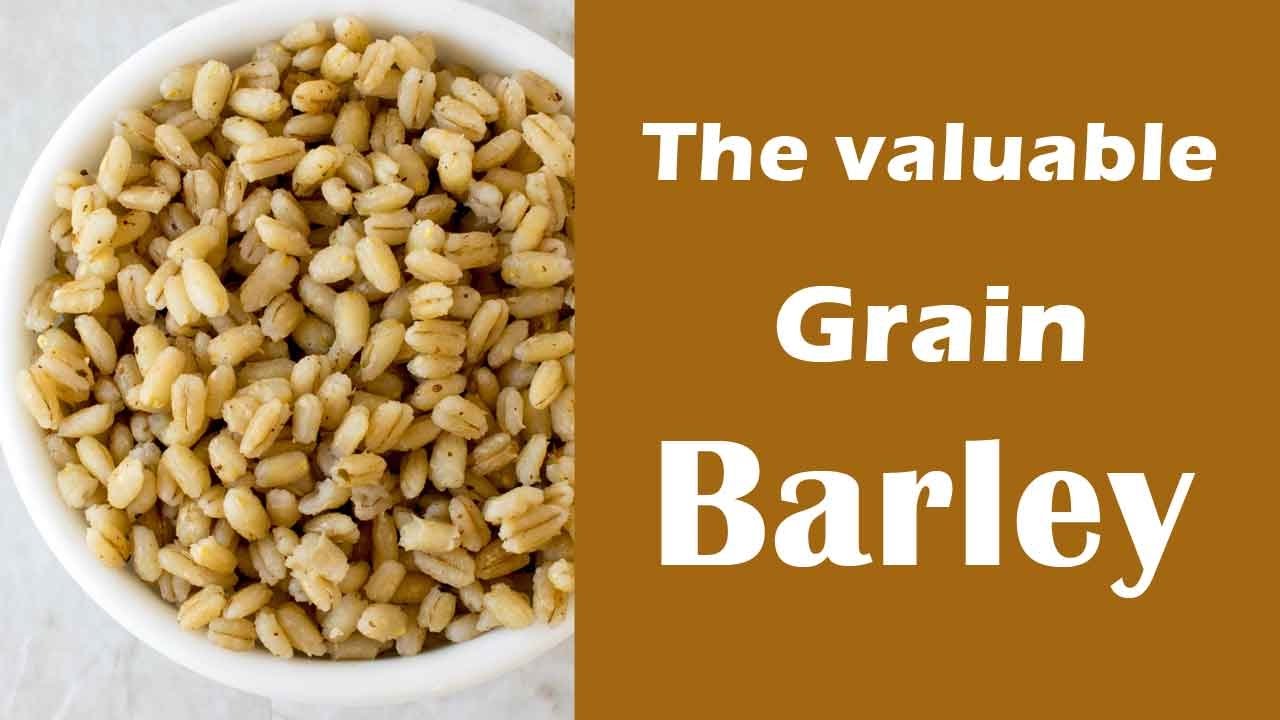
Move over oats…barley’s back in town! And here are some specifics as to why. First, one cup of cooked barley (equivalent to 1/3 uncooked), provides:
217 Calories
About 1 gram fat
10 grams fiber
7 grams protein
45 grams carbohydrates
1 mg manganese (60%)
23 mg selenium (42%)
.3 mg copper (34%)
.4 mg vitamin B1 (33%)
162 mg phosphorus (23%)
80 mg magnesium (20%)
8 mg vitamin B3 (18%)
And second, this superior nutrition panel means important things to your overall health:
BARLEY CONTROLS BLOOD SUGAR BETTER than other grains (so says major research done by the American Journal of Clinical Nutrition).
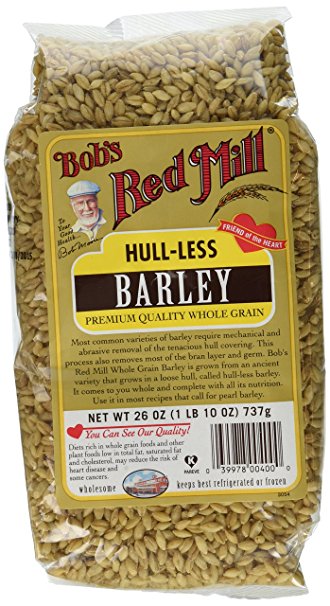
BARLEY LOWERS GLUCOSE LEVELS. White rice, an Asian staple, is a high glycemic index food. Research coming from the University of Tokushima shows that glucose levels are always lower after meals when subjects switched from rice to barley.
BARLEY BETA-GLUCAN LOWERS GLYCEMIC INDEX. This is because of the fiber found in barley. So when barley flour is added to bread recipes, it significantly lowers the glycemic index of the breads. Great news for bread-lovers.
BARLEY REDUCES BLOOD PRESSURE because of its high fiber content (whether soluble or insoluble). Research also shows along with blood pressure, barley can lower weight.
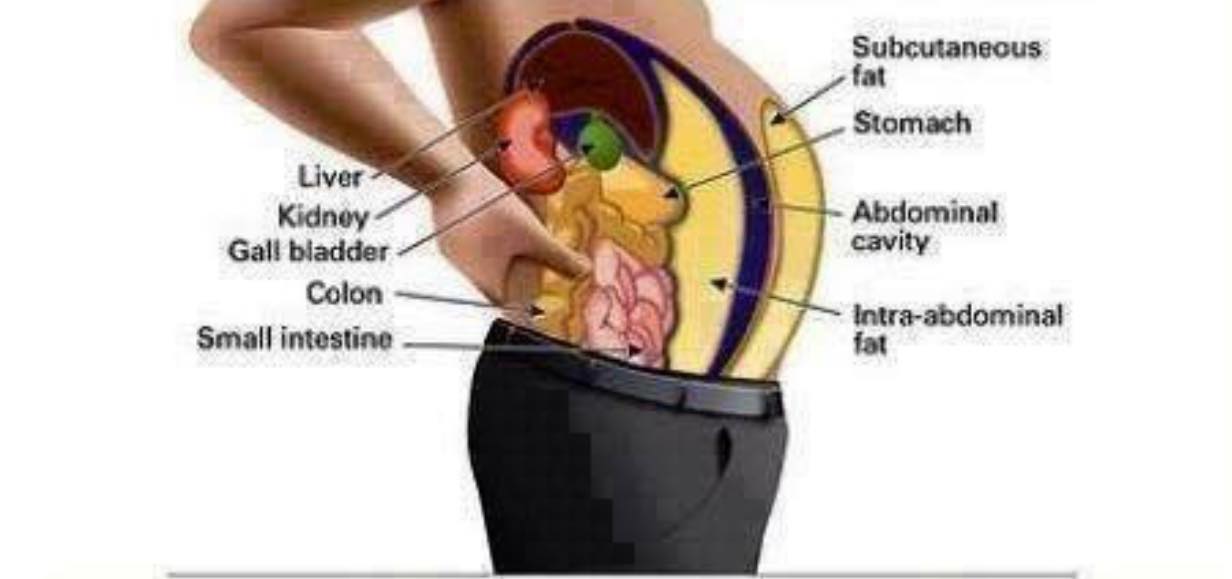
CHOLESTEROL AND VISCERAL FAT DECREASE WITH BARLEY. Visceral fat is body fat that is stored within the abdominal cavity and is therefore stored around a number of important internal organs such as the liver, pancreas and intestines. Storing higher amounts of visceral fat is associated with increased risks of a number of health problems including type 2 diabetes.
BARLEY’S SLOW DIGESTION MAY HELP WEIGHT CONTROL. Lots of research around childhood obesity going on at the Texas Children’s Hospital is proving that barley can play an important role in weight loss and especially weight control.
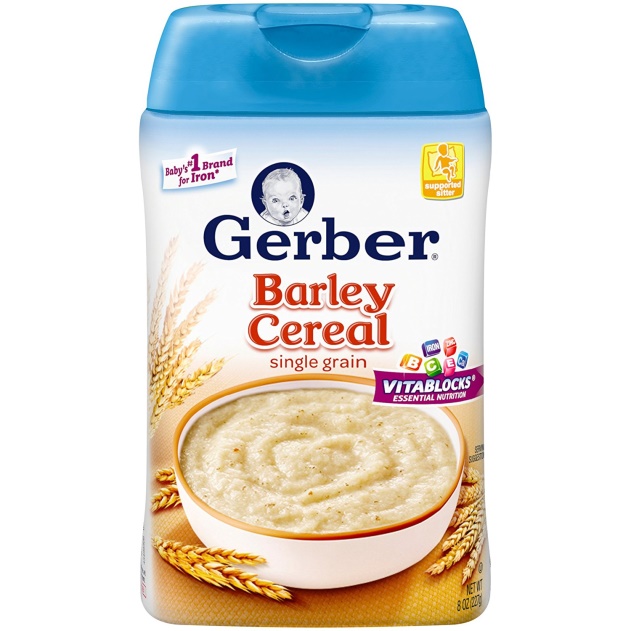
BARLEY IS EASY TO DIGEST. This is one reason it’s a preferred choice for baby’s first cereal!
BARLEY SIGNIFICANTLY IMPROVES LIPIDS. It’s the “bad” cholesterol that’s the focus here. Ample research shows that total cholesterol and LDL (“bad”) cholesterol significantly decreases with the addition of barley to the diet.
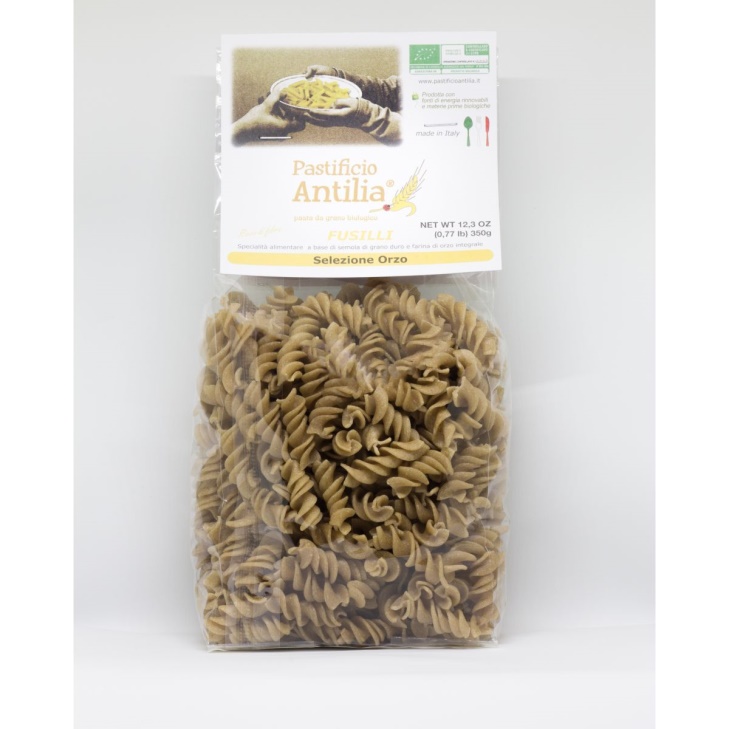
All the blah-blah science aside, you can see why barley’s making a comeback. It’s even showing up in pasta now (which BTW, makes for a lower cholesterol meal). University of California researchers who’ve been testing barley pasta consistently find that it blunts insulin response; four hours after a barley pasta meal, barley-eaters have significantly lower cholesterol concentration than wheat-eaters. Pasta lovers, celebrate!
And of course, you can always add barley to your soups, stews, and casseroles (as a rice substitute). Sprouting barley is also another good idea. The antioxidant level rises dramatically when any grain is sprouted. Sprouted barley makes a delicious addition to salads, adding nice texture and another layer of flavor.
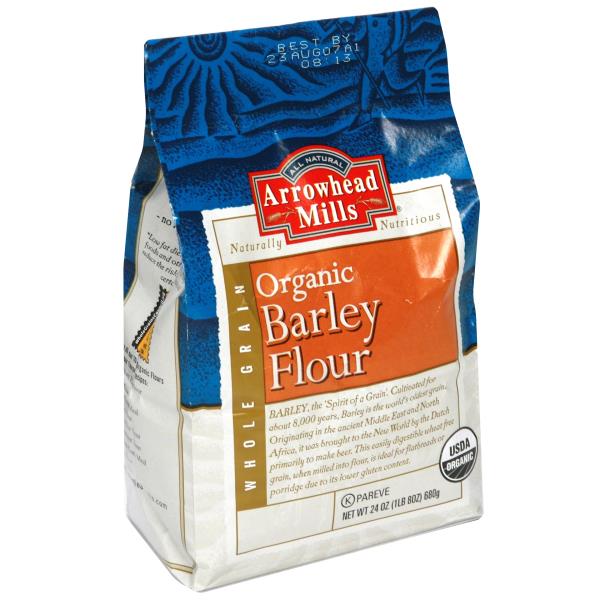
You can also grind whole grain barley into flour. Barley flour is always a nice addition to bread, muffin, and cookie doughs. It’s easy to work with and contributes a nice texture to these batters and doughs.
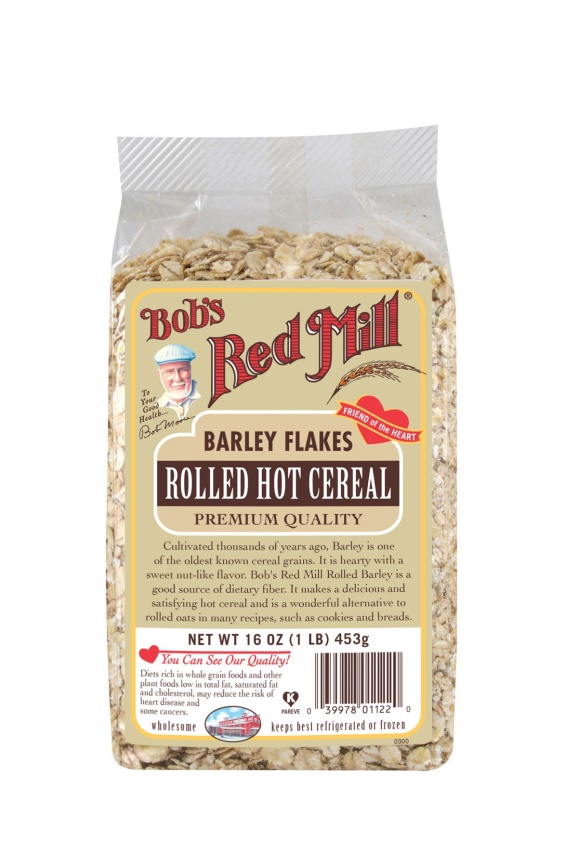
Finally, we like cooked rolled barley as a substitute to our morning oatmeal (it cooks up the same as oats and the taste is terrific), we add rolled barley to our cookie recipes, and we use rolled barley in the topping for fruit crisps. Bottom line? Move over oats…barley’s back in town!
- www.youtube.com
- www.amazon.com
- www.flabtofabwithplexus.com
- www.eataliancompany.com
- www.publix.com
- www.bobsredmill.com
 Alice Osborne
Alice Osborne
DVO Newsletter Contributor since 2006
Email the author! alice@dvo.com
